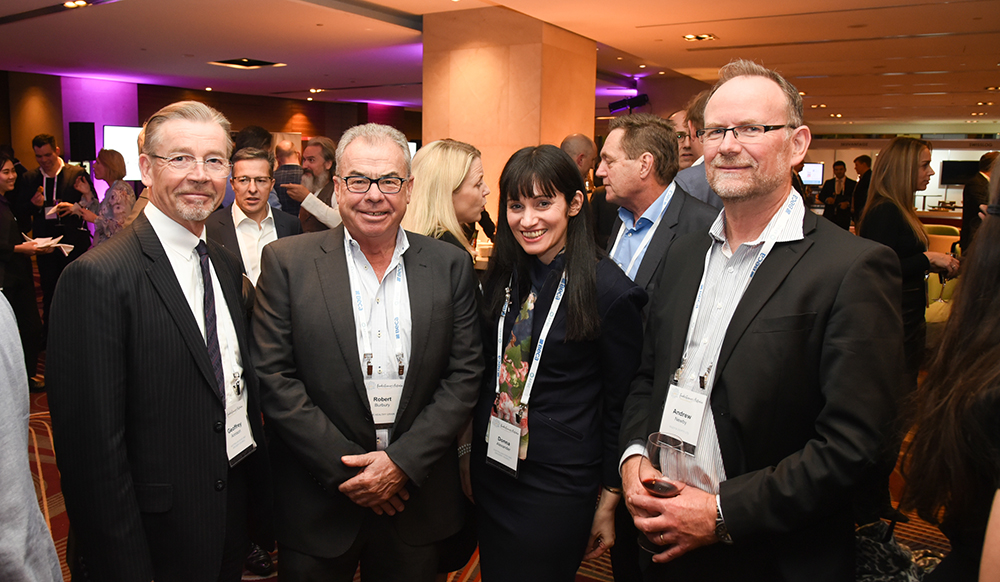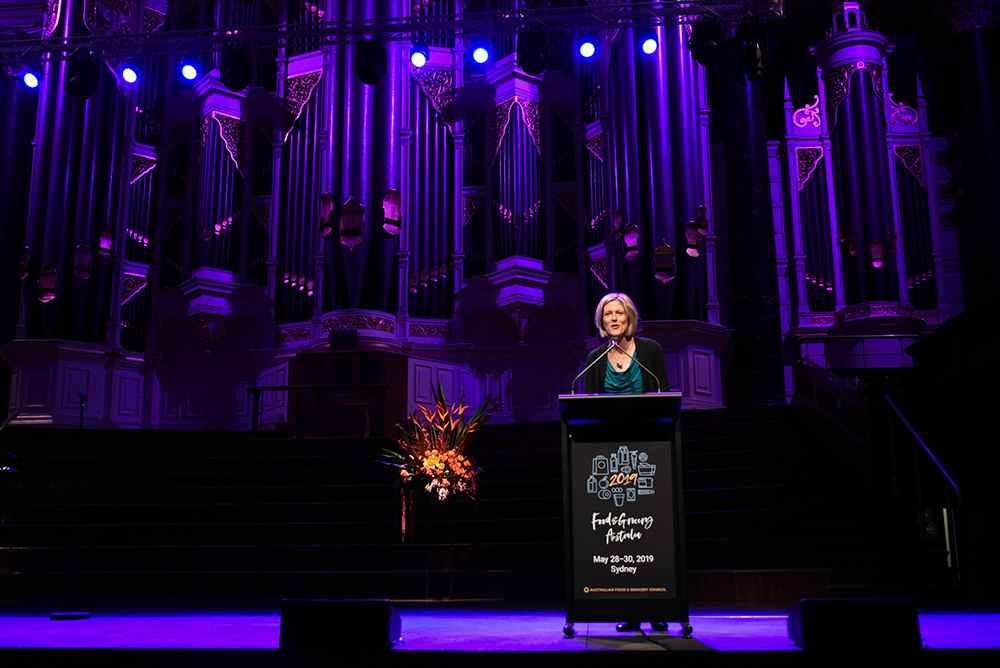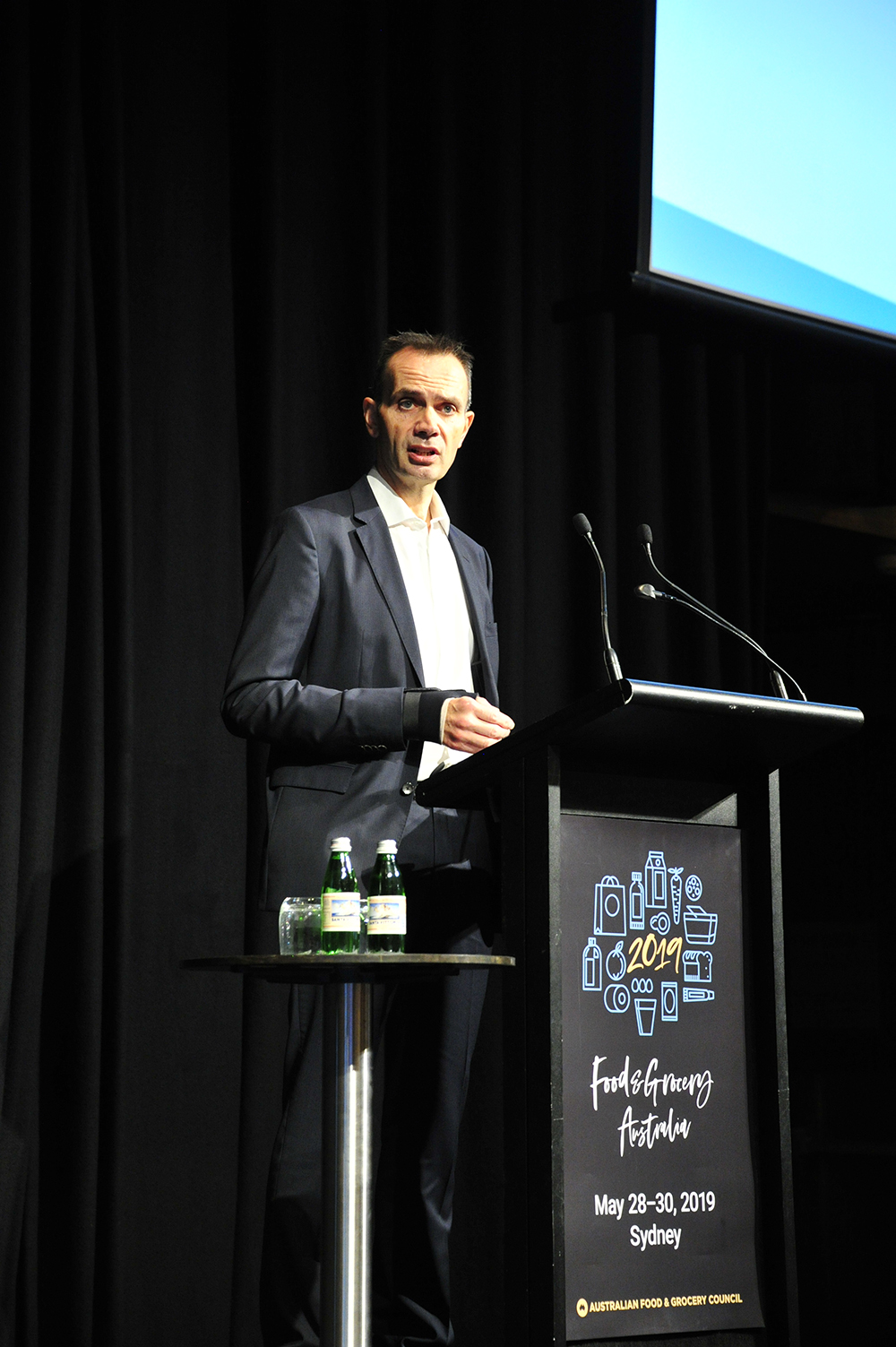Wiley recently attended the Australian Food & Grocery Conference (AFGC) in Sydney, Australia. The event is Australia’s leading food and grocery event offering global insights. We love sharing our learnings with our network, to help us all reach peak performance. Wiley’s Andrew Newby was one of the team that attended the conference and he shares his highlights below.
What we like to eat
There was discussion around what are we eating, considering 26% of Australians are born outside of Australia. The supermarkets continue to adapt for this cultural diversity, with more emphasis on Asian foods. Health and wellness continues to be more and more important with foods needing to be functional, natural and less processed, and plant based. Plant based meat has grown 14% in Australia (CAGR last 3 years) so there are abundant opportunities there. Supermarkets also cater for customers who do experimental cooking on weekends and staple meals during the week.
The environment
The environment and sustainability continue to be a priority to customers and corporations. People want to work in organisations with a strong sustainability purpose. Banks and investors want to invest in companies with terms based on sustainability performance. Business partners demand sustainability and customers look for it when shopping. A growing number are willing to pay for environmental or socially responsible products. Manufacturers have to tell the story and make the customer feel good.
Food trends
There is a growing drive for emotional connection. Some of the winners in marketing (based on the most Instagram followers) are individuals against the corporates. It can be a case of David vs Goliath. There is a move for upmarket experiences with Starbucks Reserve Roastery as an example.
Data is still king
Became a big a few years back when Big Data became the ‘in-words’. As data has become more mainstream, you must use data to win over your competitors. Technology is making this easier and more effective in understanding and tailoring offers to customers. Technology includes e-health where wearables and smart phones monitor your health through breath scans and eye scans.
Global economy impact
Globally the United States is not likely to go into recession and China is still stimulating their economy. China is resource dependant and therefore trade is an important issue. The Australian economy has low inflation, low interest rates and slow growth, but also low volatility. This provides a climate for companies to survive that otherwise may not. Mortgage debt is high but this won’t drive an economic downturn. Australian consumers have been cautious and consumer sentiment is pretty good. He is not expecting a major recession but in fact a strong boost. The Australian dollar is expected to remain low which is good for our exports.






